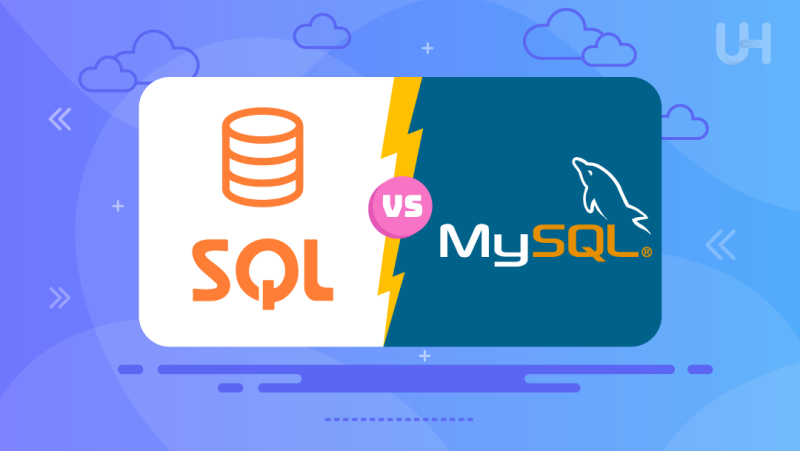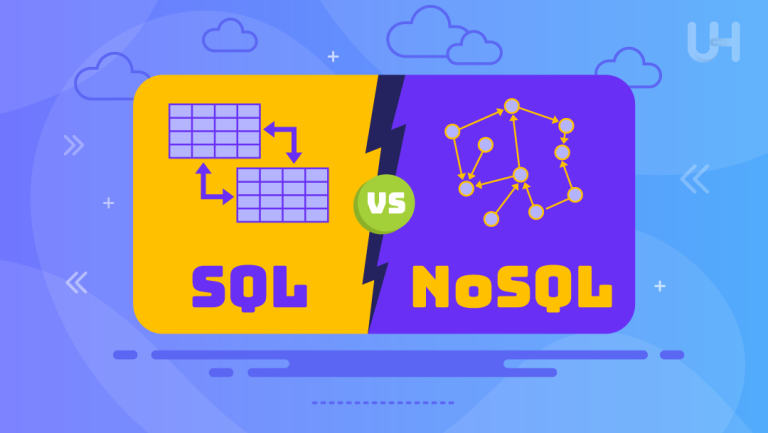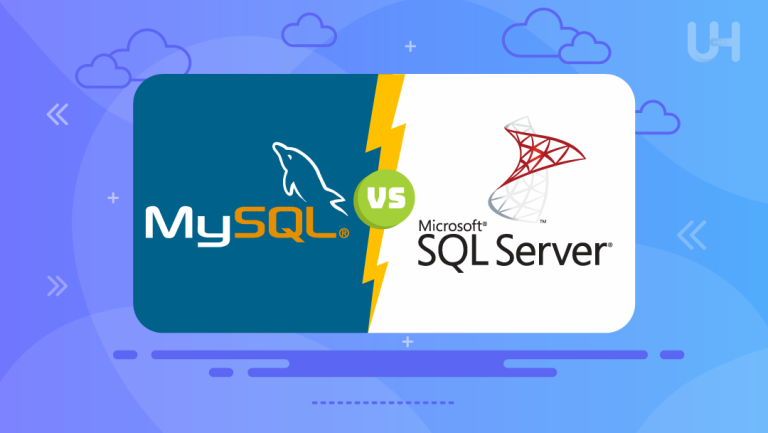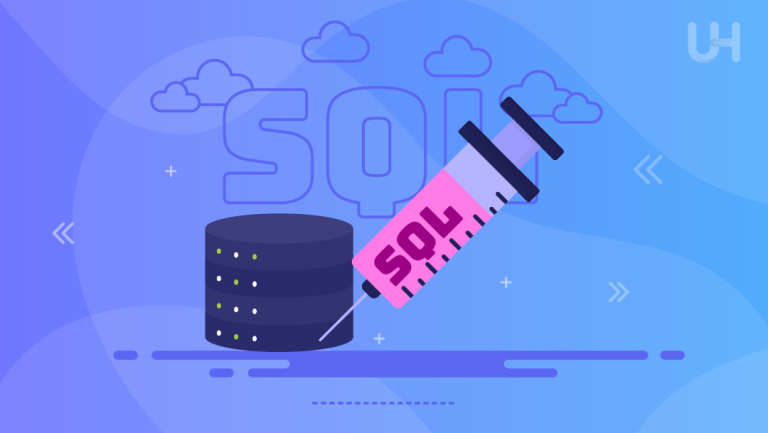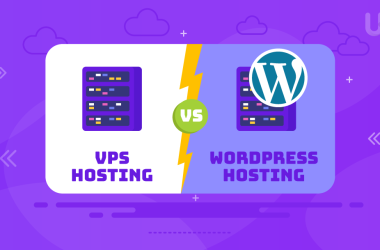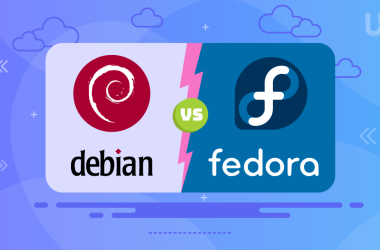SQL vs MySQL are two concepts that are very hard to avoid while discussing databases and data management. The names may give the impression of related things. SQL is a standard language for managing and manipulating databases. MySQL is a particular relational Database Management System that makes use of SQL as its language. Put simply, a database administrator or any developer and chief dealing with data management has to understand how SQL differs from MySQL.
In this article, we identify the differences, uses, and features that set SQL and MySQL apart so that you can make the proper decision on which one to use for your specific needs.
What is SQL?
SQL is a standardized programming language for relational database management and manipulation. SQL accomplishes various operations on data within databases, such as querying, updating, inserting, and deleting. Also, it enables the creation of database structures like tables, indexes, and views and offers a way to change them.
Key Characteristics of SQL
- Data Querying: A user can use statements like SELECT in SQL to extract their required data from one or more tables subject to certain criteria.
- Data Manipulation: INSERT, UPDATE, and DELETE are commands that enable modification in table data.
- Data Definition: The commands used to define and manage the structure of a database in SQL are CREATE, ALTER, and DROP.
- Data Control: It provides access-control commands such as GRANT and REVOKE over the data contained in the database.
SQL is an imperative tool in database management. It is supported by nearly every relational database management system since it provides for MySQL, PostgreSQL, Oracle, Microsoft SQL Server, NoSQL database, and many others.
What is MySQL?
MySQL is a freely available open-source relational database management system (RDBMS) that uses structured query language to access databases. It is an RDBMS and SQL server used by a huge worldwide community. MySQL was created in 1995 as MySQL AB and later acquired by Oracle Corporation. MySQL is famous for being stable, simple, and fast; therefore, it serves as a base for building web applications, content management systems, and almost all kinds of software.
Key Characteristics of MySQL
- Open Source: MySQL happens to be an open-source software; hence, it is free of charge. It has a strong community of developers and users who contribute back to the development cycle.
- Cross-Platform Support: MySQL runs under Windows, Linux, and MacOS. Opt for the best Windows hosting, Linux VPS, or MacOS hosting for this purpose.
- High Performance: MySQL is optimized for speed and performance, making it suitable for high-traffic websites and applications.
- Scalability: MySQL supports large databases. Moreover, it allows horizontal scaling by supporting replication, sharding, and clustering.
- Security: MySQL has developed strong security features like user authentication, SSL support, and data encryption.
SQL vs MySQL: Key Differences
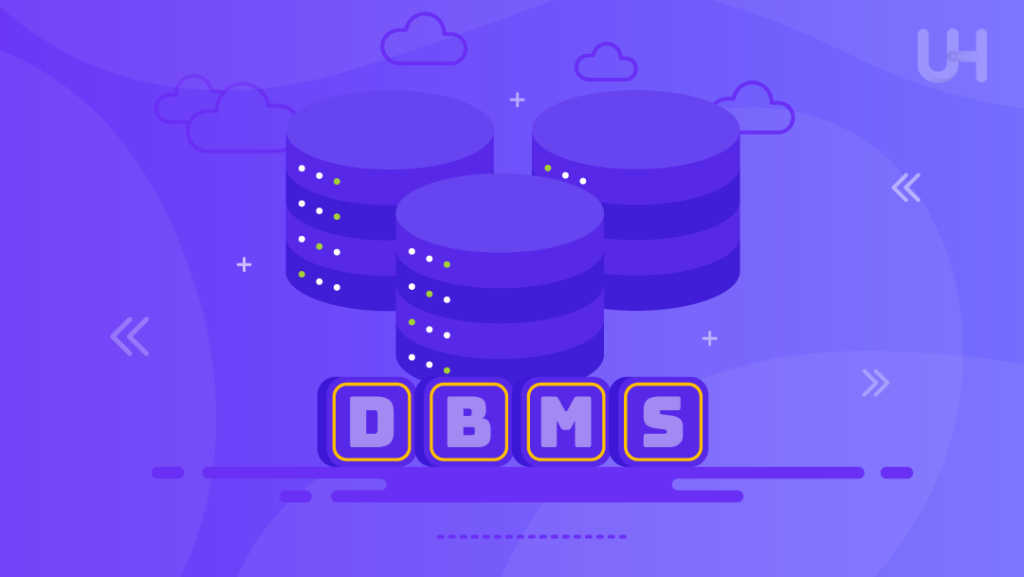
Some of the basic differences between MySQL vs SQL are as follows:
Nature and Definition
- SQL: SQL is a language used for querying and facilitating user interactions with relational databases. Therefore, it is not the database itself but rather a language for database manipulation.
- MySQL: MySQL is a relational database management system that uses Structured Query Language as its standard language for querying and managing databases. It also provides the devices and settings needed to store, organize, and retrieve data.
Functionality
- SQL: SQL offers a complete set of statements to handle data: SELECT, INSERT, UPDATE, DELETE, CREATE, ALTER, and DROP. It facilitates complicated questions and transactions from the user.
- MySQL: MySQL uses SQL commands to perform all database operations, but it extends these capabilities with additional competencies like data replication, automatic failover, and robust backup and recovery options. InnoDB or MyISAM truly offer different storage engines optimized for different applications.
Scalability And Features You Need To Succeed!
Looking for reliable MySQL hosting? UltaHost has the perfect solution for your database needs. With UltaHost, you’ll benefit from top-notch security, exceptional speed, and 24/7 support to ensure your MySQL databases run smoothly and efficiently.
Usage
- SQL: SQL is the universal language in use across different RDBMSs. It allows a developer or database administrator to connect to databases independent of the specific RDBMS being used.
- MySQL: One of the applications for MySQL is in several Web applications, Content Management Systems like WordPress, and most e-commerce platforms as a back-end database. Its flexibility and performance characteristics have become highly popular in small and large environments.
Performance
- SQL: This highly relies on how well the SQL queries are written and optimized. Poorly written queries can lead to slow performance, which can cause a bottleneck in resource usage.
- My SQL: MySQL performs well, particularly under heavy read loads. It incorporates a query optimizer and indexing facilities to ensure user-friendly data-retrieving procedures. Moreover, MySQL facilitates caching mechanisms to boost its performance further.
Security
- SQL: SQL itself does not include security features but allows for the implementation of security measures such as user authentication, roles, and permissions within the database.
- MySQL: Security features are implemented by default in MySQL. These features include authentication, access control, and SSL certification for secure and encrypted connections. There is also data encryption for sensitive data and role-based access control that helps users effectively manage roles.
Community and Support
- SQL: Since SQL is a standard language, its documentation is extensive, and many developers and DBAs also exist. There are lots of resources available to learn and debug your SQL queries.
- MySQL: MySQL is always accompanied by a huge community and boasts detailed documentation, forums, and tools developed by independent vendors. Later, after becoming a part of Oracle Corporation, MySQL could receive professional support services and enterprise solutions.
Licensing and Pricing
- SQL: SQL is an open standard; as such, it has no licensing costs for use. The cost implications would depend on the chosen RDBMS used in running SQL commands.
- MySQL: MySQL is available under the GNU General Public License and is free. On the other hand, Oracle provides a commercial version with extended features and professional support, for which licensing fees is a must.
Storage Engines
- SQL: SQL itself does not feel like a storage engine as much as it is an addition to the RDBMS implementing SQL. Different systems use different engines according to their design and the needs they serve.
- MySQL: MySQL supports many storage engines, one of which is InnoDB. By default, this engine creates tables in a format that fully supports ACID-compliant transactions. MyISAM targets high read speed; thus, it is appropriately suited for highly accessed websites. This flexibility lets users choose the best engine for their specific use case.
Flexibility and Scalability
- SQL: Flexibility and scalability depend on the type of RDBMS. SQL forms the basis of the performance of any operation on a database technology. However, the underlying system imparts the scalability features.
- MySQL: MySQL is a highly extendable and flexible tool. It does replication, shattered, and clustering to show ITS competence over large-scale applications and high-traffic websites. You can do it vertically and horizontally for growth in data needs.
User Interface
- SQL: SQL commands can be executed in different user interfaces, which the RDBMSs provide, from command-line tools to GUIs.
- MySQL: MySQL has many user interfaces, including the command-line MySQL client and GUI tools like MySQL Workbench or dbForge Studio for MySQL. These tools will help you easily administer databases, design schemes, and execute queries.
Conclusion
SQL is a standard and powerful language used to manage and manipulate relational databases, whereas MySQL is a specific RDBMS that uses SQL when interacting with databases. Knowing the differences between SQL vs MySQL will be very important in making effective database management and development decisions. SQL forms the base for operations with a database, and MySQL provides a robust, scalable, high-performance environment to store and retrieve data. Whether to use SQL or MySQL depends on your needs, what your project scope aims at, and the nature of your data. By developing from the strengths of these tools, you will be able to assemble an efficient, secure, and thus scalable database solution.
Understanding SQL vs MySQL is crucial for managing PHP-based applications. Choose UltaHost for PHP hosting and experience unparalleled reliability and performance, ensuring your SQL and MySQL databases run smoothly and efficiently.
FAQ
How does SQL handle transactions?
SQL uses commands like BEGIN, COMMIT, and ROLLBACK to manage transactions, with implementation depending on the RDBMS used.
How does MySQL handle transactions?
MySQL uses the InnoDB storage engine for ACID-compliant transactions, ensuring reliability with atomicity, consistency, isolation, and durability.
Can SQL be used with cloud services?
Depending on the RDBMS, SQL can be used with cloud services like Amazon RDS, Google Cloud SQL, and Azure SQL Database.
Can MySQL be used with cloud services?
Yes, MySQL integrates with cloud services like Amazon RDS, Google Cloud SQL, and Azure Database for MySQL, offering scalability and managed services.
How does SQL ensure data integrity?
SQL ensures data integrity with constraints like PRIMARY KEY, FOREIGN KEY, UNIQUE, and CHECK, which the RDBMS implements.





